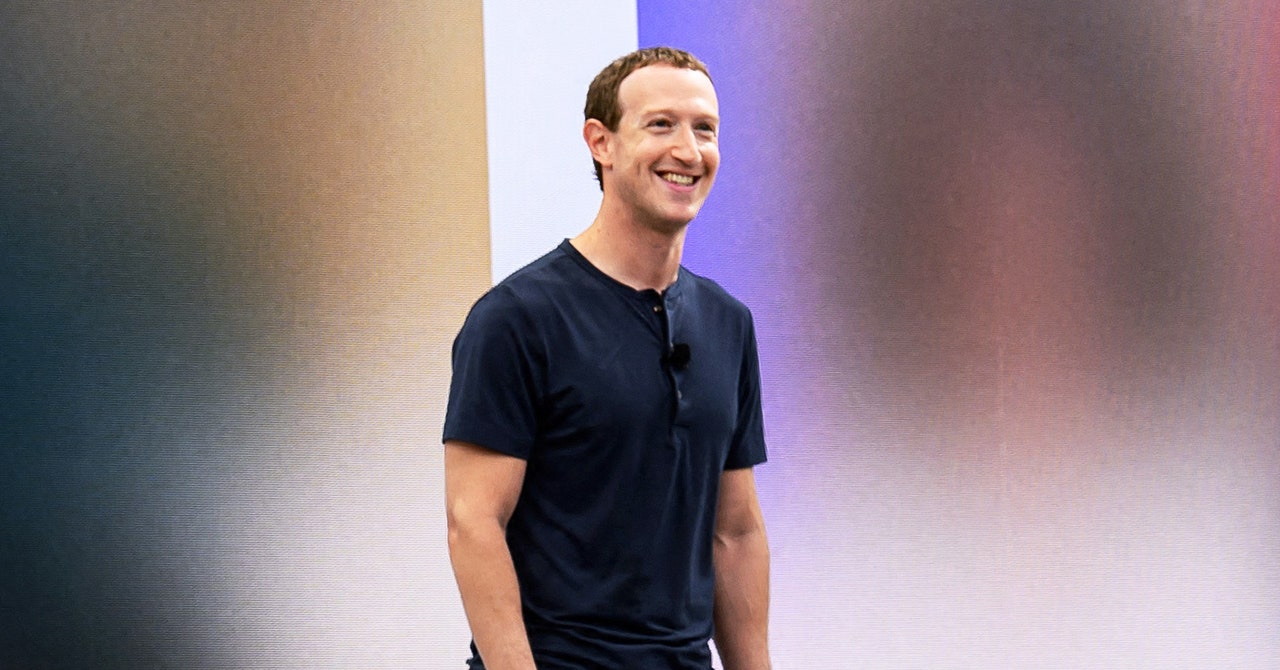The AI mimics are available today in beta on Facebook Messenger, Instagram, and WhatsApp. They include a chatbot based on Paris Hilton playing a mystery-solving detective, another based on Snoop Dogg as a dungeon master, and YouTuber Mr. Beast as a chatbot that Meta describes as “the big brother that roasts you—because he cares.”
The celebrity chatbots are also built on Llama 2. Meta says tools used to build them will be made available for Meta users and businesses to make their own versions in the future.
Building products based on open-sourced machine-learning models distinguishes Meta from competitors who are also racing to introduce new forms of AI. Google and OpenAI both keep their latest AI models as proprietary.
Meta made the first Llama open to all in February and then released the more powerful Llama 2 in July. The models have been downloaded 30 million times altogether, and Meta estimates that 7,000 derivatives have been created. Adaptations of Meta’s open source AI code by outsiders can help inform how the company uses the project for its own apps and services, such as a version of Llama designed to generate programming code that Meta released last month.
The integration of Llama, a model that made its debut in February, into every Meta app and service shows how open-sourcing AI models can help big companies move faster, says Nathan Lambert, an AI researcher at Hugging Face. He says Meta's AI announcements today appear to be a notable moment in the brief history of competition that has sprung up around large language model technology.
Some people following AI developments have a less favorable view of Meta’s open source AI strategy. Ahead of today’s news, Holly Elmore, who grew passionate about AI safety after an open letter called for a pause in AI development, announced she is holding a protest outside Meta offices in San Francisco this week asking the company to stop distributing the most detailed versions of the Llama model.
Speaking before the announcement today, Elmore told WIRED she fears that the way Meta released Llama appears in violation of an AI risk-management framework from the US National Institute of Standards and Technology.
Today’s launch of Meta AI isn’t the company’s first venture into creating an AI assistant. After acquiring AI startups working on conversational AI, it introduced a virtual assistant named M in 2015 to challenge the likes of Alexa and Google Assistant.
The assistant responded to users with a combination of software-generated text and answers from human workers. Meta, then known as Facebook, said it aimed to have algorithms do more of the work over time, but a source familiar with the project says the majority of responses sent to early users came from humans. M was quietly shut down in 2018.
Source link

